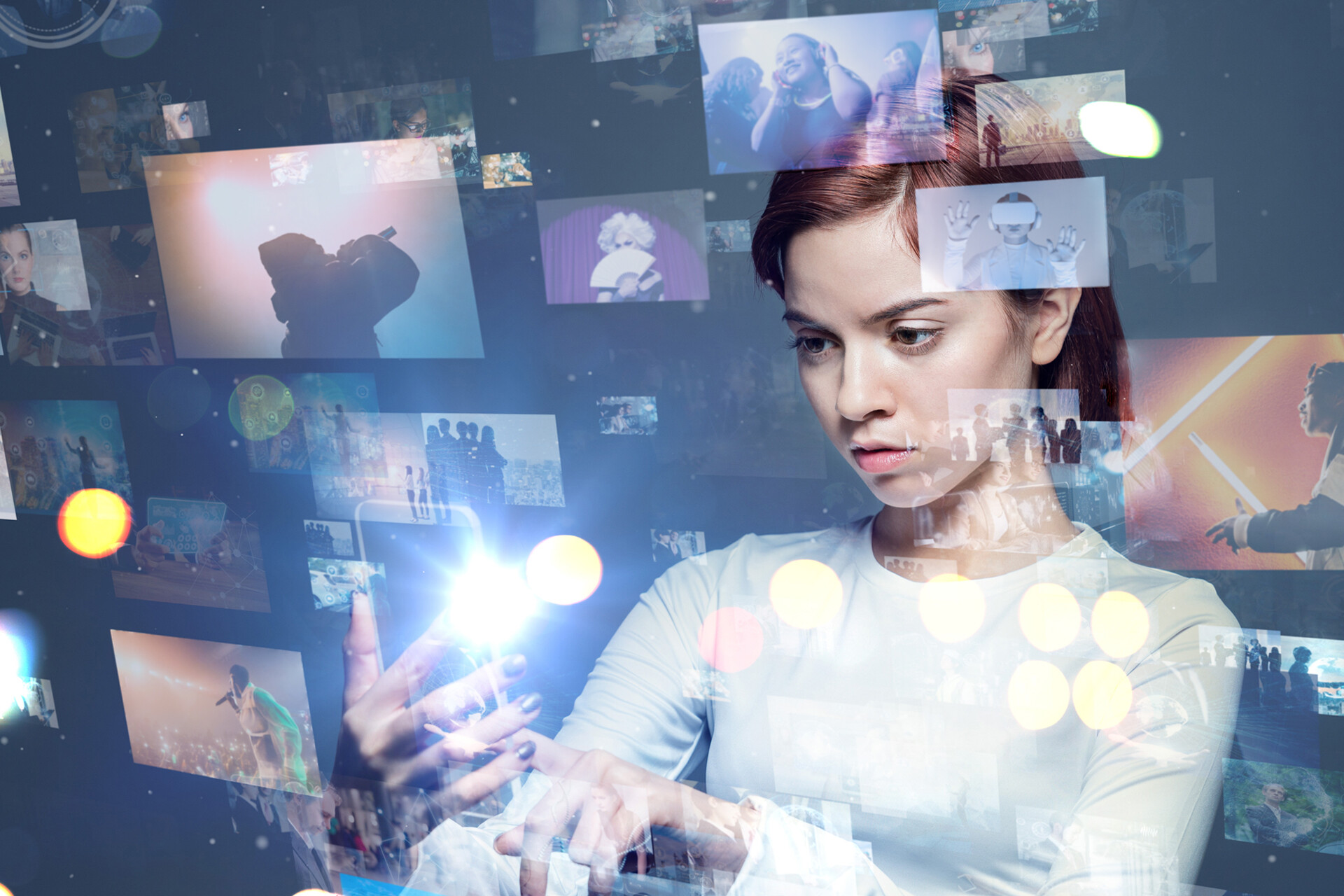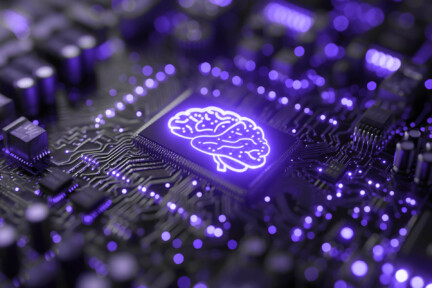The entertainment industry has become increasingly diverse and complex, encompassing various sectors such as film, television, music, gaming and sports. The boundaries between these segments are becoming less distinct, but they all share one common goal: providing captivating content that can be monetised.
What determines whether a given entertainment product is profitable or remains below the line? It always depends on several factors, including the choice of distribution channels, the effectiveness of advertising and sponsorships, and the level of consumer demand. Hence the soaring interest in AI in the entertainment industry: this technology can address most of these areas at once.
How is AI used in entertainment development? In the article, we will consider the answer to this question through the prism of three key business areas:
- Enhancing content creation and production,
- Personalising audience experiences,
- Improving monetisation.
Furthermore, we will analyse the most common applications of AI in the entertainment industry sector based on the experiences of key players such as Netflix, Disney, Ubisoft, and Spotify. Then, we will discuss technologies, trends, as well as specific tools utilised in various entertainment sectors – from gaming to the music industry. Let’s begin!
How Is AI Used In Entertainment: Use Cases
According to the IBM Global AI Adoption Index (2022), covering companies from various media and entertainment industries worldwide, AI is currently most commonly used for IT and business process automation, security and threat detection, marketing and sales, as well as business analytics or intelligence.
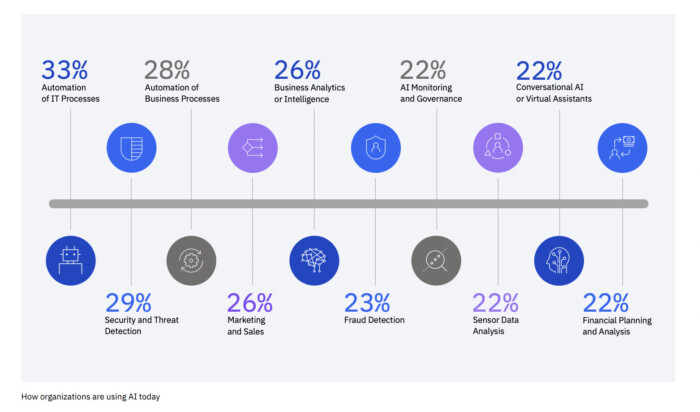
Both the media and entertainment sectors are no exception to this trend. Media companies often leverage AI-based tools that aid in digital acceleration by creating recommendation systems, speeding up content creation, developing custom AI chatbots for CRM purposes, audience analysis, and content moderation – especially in social media. Let’s take a closer look at each of these applications and see which well-known companies utilise them.
AI-Based Recommendation Systems
AI is extensively used in entertainment platforms such as YouTube, Netflix and Amazon Prime Video to provide personalised recommendations to users. By analysing user preferences, browsing history, and behaviour, AI algorithms can suggest movies, TV shows, music, books, and other content that users are likely to enjoy.
Recommendation systems collect user data, analyse their profiles, browse and view history, and identify similarities and patterns of behaviour. With the help of machine learning algorithms, these systems learn from historical data and create models that can predict user preferences. Subsequently, they generate personalised recommendations and update and improve them continuously based on user feedback and interactions. This feedback loop enhances the accuracy and relevance of the recommendations over time.
Personalised Recommendations in Netflix
Netflix, one of the world’s leading streaming services, utilizes AI algorithms to provide personalized recommendations to its subscribers. By analysing user data, viewing habits, and historical preferences, Netflix’s recommendation engine suggests content tailored to individual tastes, increasing user engagement and satisfaction.
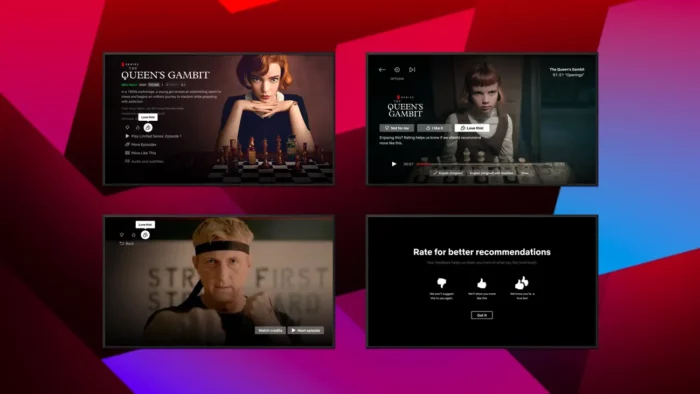
We know that sometimes members have something in mind when they visit the service, so we provide a sophisticated search capability to surface the right videos for our members. This involves tackling the challenges of handling a multitude of languages and input mechanisms from different devices including TV remotes and speech controls. We use a multitude of machine learning and recommendation algorithms running at large-scale to drive our personalization and search experiences.
Personalization & Search by Netflix Research
AI In The Entertainment Industry For Content Creation
AI in business is also being utilised for content creation tasks, including scriptwriting, music generation, and visual effects creation. AI-based technologies can analyse vast datasets and repurpose old content to generate new stories, dialogues, or even complete screenplays. They can also assist in composing music by identifying patterns and styles observed in existing compositions. Moreover, renowned companies have embraced AI-driven visual effects tools that automate enhancing or modifying images and videos. Let’s explore which well-known companies use AI solutions for content generation and creation.
AI-Driven Procedural Content Generation by Ubisoft
How is AI used in entertainment by the gaming industry? Ubisoft, a leading video game developer, leverages AI for procedural content generation (PCG). PCG algorithms analyse vast amounts of data, including maps, textures, and gameplay mechanics, to generate diverse and dynamic game content automatically. This approach allows Ubisoft to create expansive game worlds, generate realistic landscapes, and populate them with interactive elements while reducing the manual effort required for content creation. As a result, Ubisoft is capable of delivering immersive gaming experiences that captivate players with ever-evolving content.
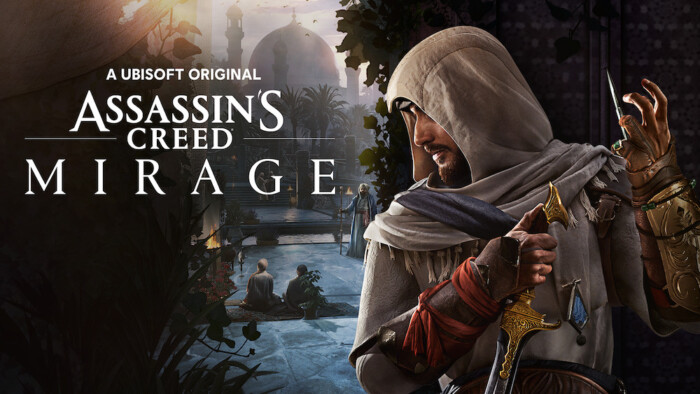
AI-Based Algorithm That Generates Realistic Virtual Worlds In No Man’s Sky
In the gaming industry, AI algorithms can generate realistic virtual worlds, populate them with intelligent non-player characters (NPCs), and even create procedural storytelling systems (i.e., systems where the game reacts to the player’s actions). One of the most impressive use cases of AI in the entertainment business is the video game “No Man’s Sky” by Hello Games, where an AI-based algorithm automatically creates whole different galaxies and planets on a real scale.

In “No Man’s Sky,” players embark on a space exploration journey, traversing a virtually infinite universe composed of billions of galaxies, each containing countless planets. What makes the game truly exceptional is that every single planet, with its own unique environment, terrain, flora, and fauna, is procedurally generated on a real scale. This means that the game’s AI algorithm creates an entire universe on the fly as players explore, ensuring an endless variety of discoveries.
Disney’s AI-Powered Animation and Visual Effects
Disney, an animation and visual effects pioneer, has also embraced enterprise solutions to enhance its creative processes. With the acquisition of companies like Pixar and Industrial Light & Magic by George Lucas (ILM), Disney has integrated AI into its animation and visual effects (VFX) workflows. AI-powered tools assist animators in character animation, motion tracking, and rendering, optimising production time and costs. By automating certain aspects of animation and VFX, Disney can focus on pushing creative boundaries and delivering visually stunning content to audiences worldwide.

Audience Engagement and Advertising
AI technologies enable entertainment companies to analyse audience behaviour better and tailor their content. Natural Language Processing (NLP) algorithms can analyse social media trends, comments, and sentiment analysis to gauge public opinion and reactions to specific movies, TV shows, or events. This information can be used to improve marketing strategies, develop targeted advertising campaigns, and engage with viewers in real time through social media platforms.
AI-driven Advertising
Advertising is one of the most common uses of AI in the entertainment industry. By leveraging historical data, companies can make smarter decisions regarding personalised creatives and reaching the right audience. According to IBM, the key advantages of AI over traditional advertising methods lie in its machine learning capabilities and the utilisation of big data and analytics. Firstly, computer algorithms analyse new consumer information based on relevant historical data and automatically improve experiences. Secondly, marketers using big data can monitor how their efforts prove value across different channels and continually optimise their strategies based on appropriate research samples.
AI in advertising and marketing is a common practice employed by well-known companies in the entertainment industry. For example, Disney+ utilises AI-driven targeted advertising to deliver more relevant ads to its subscribers. By leveraging user data, including demographics, preferences, and viewing habits, AI algorithms can identify specific audience segments and deliver ads tailored to their interests. This targeted approach enhances the effectiveness of advertising campaigns and improves the user experience by displaying ads that are more likely to resonate with viewers.

Sentiment Analysis
How is AI used in entertainment for gaining audiences insights? Sentiment analysis is a technique used to determine the sentiment or emotion expressed in a piece of text, such as social media posts, reviews, or news articles. In the media and entertainment industry, sentiment analysis can be valuable for understanding public opinion, gauging audience reactions, and making data-driven decisions. For example, media and entertainment companies analyse sentiment to gain insights into audience reactions towards their content.
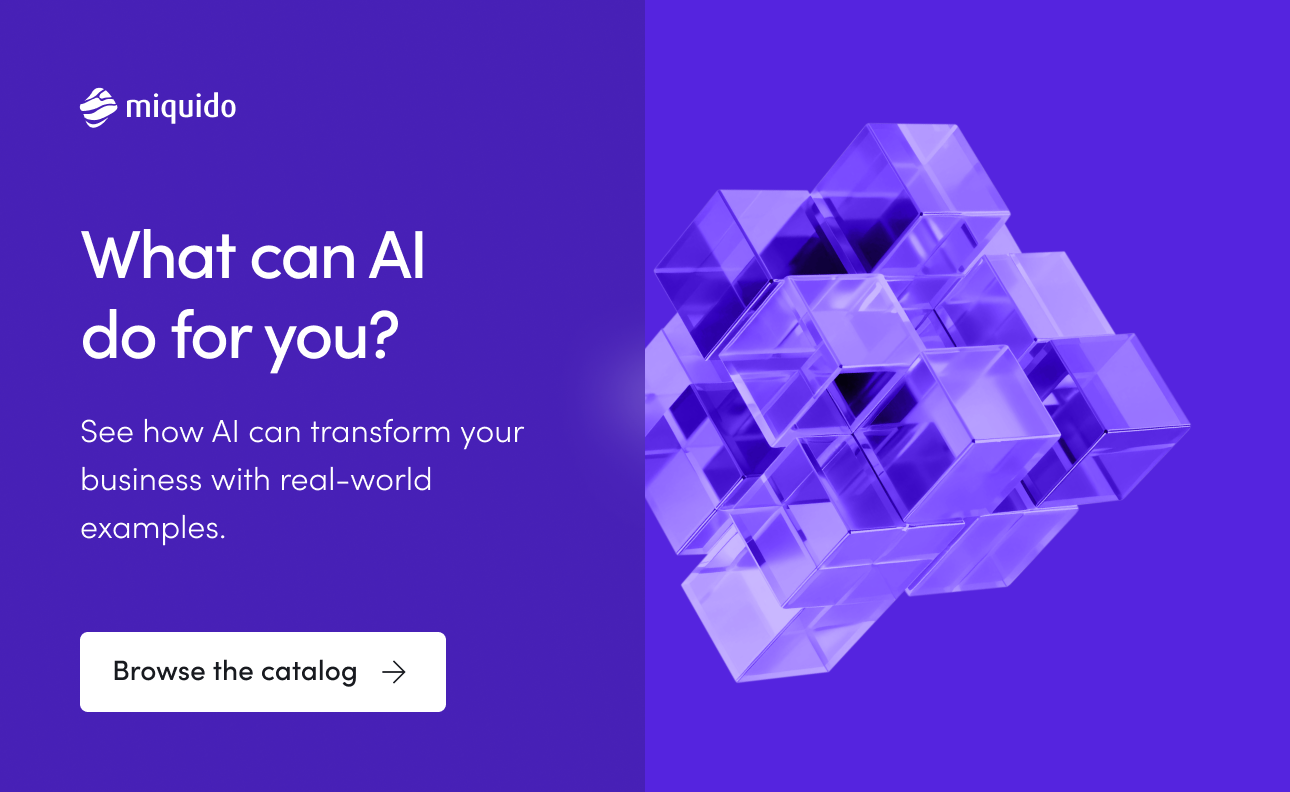
By monitoring social media conversations, comments, and reviews, they can identify trends, sentiment shifts, and overall audience satisfaction. Sentiment analysis also helps brands monitor and manage their online reputation. By analysing sentiment across various platforms, companies can detect negative sentiment early and address customer concerns promptly. This method is widely utilised, especially by large, recognisable brands operating across various offline and online platforms.
Analysing Disneyland Reviews with NLP
Disneyland employs sentiment analysis to monitor real-time feedback from visitors across social media platforms, review websites, and customer surveys. This method lets them promptly identify positive and negative sentiments, enabling quick response and resolution.
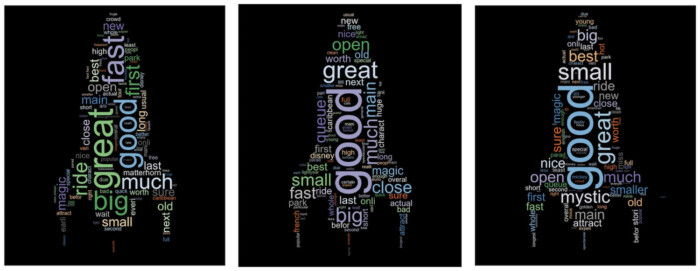
Sentiment analysis allows Disneyland also to segment its visitors based on sentiment and preferences. By categorising visitors into different groups, such as families, thrill-seekers, or Disney enthusiasts, Disneyland can tailor marketing campaigns, offers, and experiences to specific audience segments.
These are just a few examples of how AI is being used in the entertainment and media industry. The field is rapidly evolving, and AI technologies continue to reshape various aspects of content creation, distribution, and user experience. Now, let’s move on to discussing specific tools that are utilised in the media and entertainment sector.
AI In The Entertainment Industry: Tools
Artificial intelligence is transforming the entertainment industry by providing tools that automate tasks, streamline workflows, and unlock new creative possibilities. The areas of entertainment where AI is most often used in this regard include script writing and storytelling, video editing, post-production, animation, visual effects, audience analysis and recommendations.
AI Tools for Scriptwriting and Storytelling
AI-powered tools like Scriptbook and HyperWrite have an impressive potential in scriptwriting and storytelling. Scriptbook utilises AI algorithms to analyse vast amounts of existing content and generate coherent narratives by identifying patterns and structures. It provides writers with insights and suggestions to streamline their work and unlock new possibilities in storytelling. On the other hand, HyperWrite offers hundreds of mini AI tools to generate copy, refine writing, and speed up the workflow from idea to final draft.
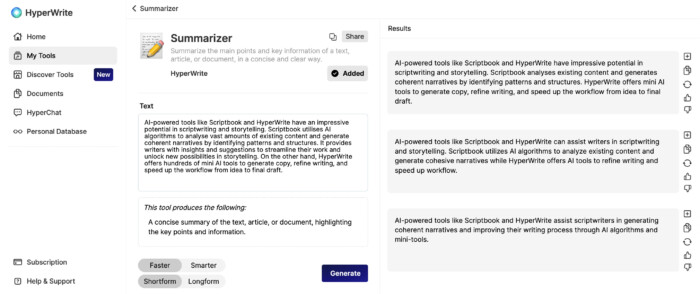
Video Editing and Post-Production Tools
Regarding video editing and post-production, AI tools such as Adobe Sensei and Magisto are making a significant impact. Adobe Sensei, integrated into Adobe Premiere Pro, uses AI algorithms to analyse visual content, enabling automatic video editings features such as intelligent scene cut detection, colour grading, and content-aware fill. It helps editors streamline their workflow and achieve high-quality results efficiently. Magisto, an AI-powered video editing platform, automates the entire post-production process by analysing footage, selecting the best shots, applying filters, and adding AI generated music. It caters to both professional editors and casual users, making video editing accessible to a broader audience.

Tools for Animation and Visual Effects
Autodesk’s Maya with Bifrost and NVIDIA’s AI-based deep learning technologies are transforming animation and visual effects. By leveraging AI algorithms, Maya with Bifrost allows artists to simulate complex effects, such as water, fire, and cloth. These algorithms analyse real-world physics and generate realistic animations, saving time and resources. NVIDIA’s deep learning technologies, including GANs and neural networks, enable artists to enhance textures, lighting, and compositing, creating visually stunning effects with improved efficiency.
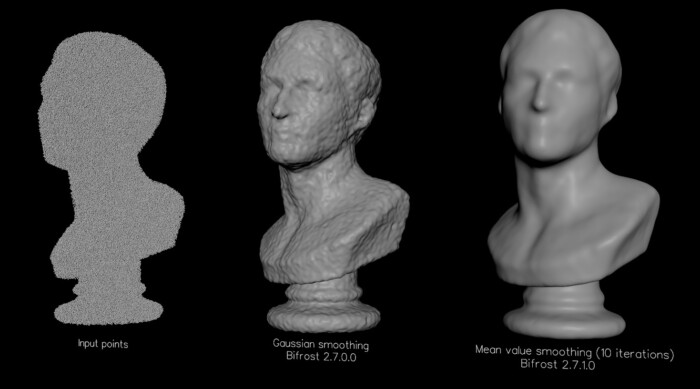
Tools for Audience Analysis and Recommendation
The entertainment industry relies heavily on personalising audience experiences to enhance engagement and create memorable interactions. AI-driven tools such as Canvs and Zefr provide powerful audience analysis and recommendation capabilities. Canvs leverages AI to analyse social media conversations, providing content creators and producers with valuable insights into audience sentiment and preferences. It helps them understand how viewers are engaging with their content and make data-driven decisions.
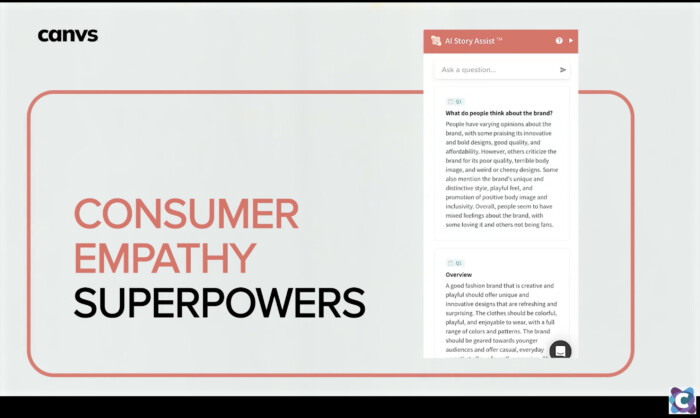
Amazon Personalize is a machine learning service that helps businesses deliver personalised customer recommendations. It uses data collected from user interactions to generate individualised recommendations, such as movies, TV shows, or music, based on their preferences.
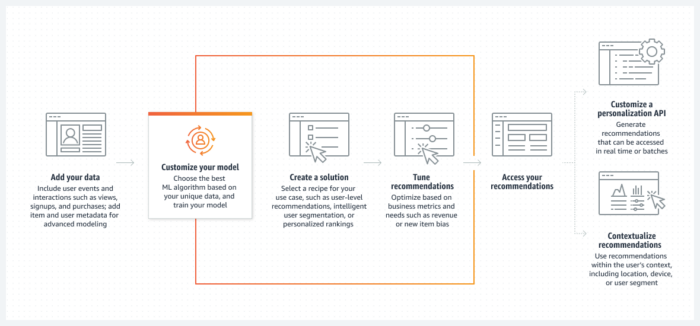
AI In Entertainment: Key Future Predictions
Artificial Intelligence has revolutionised how content is created and produced in various entertainment sectors. From gaming to music app development, film, and creative writing, AI tools enhance the creative process and push the boundaries of what is possible – allowing content creators to explore new artistic territories at breakneck speed.
AI algorithms can assist in generating ideas and providing inspiration. They also excel at automating repetitive tasks and suggesting productivity enhancements, allowing artists to focus on the more creative aspects of their work. Furthermore, AI-powered recommendation systems improve personalised content curation, allowing users to discover new movies, music, and books tailored to their preferences. The ability of AI to analyse vast amounts of data and predict audience preferences empowers content creators to deliver more captivating and engaging entertainment experiences. Overall, AI in entertainment holds immense potential to revolutionise the industry and provide audiences with unprecedented engagement and enjoyment.
Undoubtedly, the use of AI in entertainment stirs up various controversies and ethical debates. One significant concern revolves around the potential impact of AI on the job market, particularly for creative professionals. As AI algorithms become increasingly adept at generating music, art, and even screenplays, questions arise regarding the future of human creativity and the potential displacement of artists and performers. The ethical implications of deep fake technology, which enables audio and video manipulation to create realistic but fabricated content, also raise concerns about misinformation, privacy infringement, and the erosion of trust in media.
Overall, incorporating AI in entertainment brings both exciting possibilities and contentious issues that demand careful consideration and regulation. In the coming years, it is crucial to establish transparent and accountable frameworks to address concerns such as privacy, bias, and the responsible use of Generative AI solutions. Then, the entertainment industry can harness its full potential to deliver compelling and immersive experiences for audiences worldwide by leveraging AI for innovation and creativity while upholding ethical standards.

